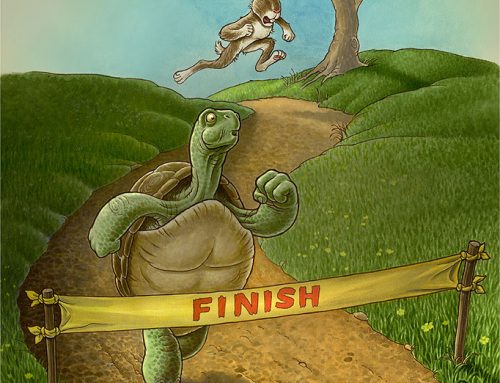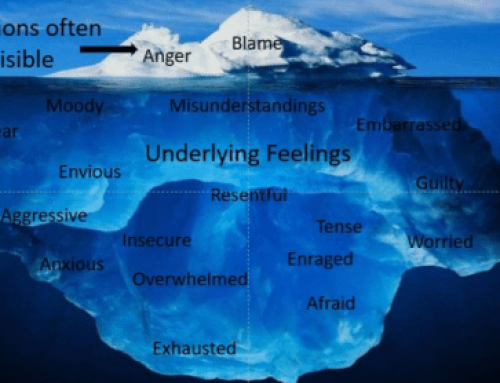Back to the Future and Corrective Emotional Experiences
October 27, 2015
In honor of Back to the Future Day I watched the first Back to the Future movie. It was awesome. It’s a fun movie, and there’s also a great story line that illustrates the power of psychology and corrective emotional experiences.
In counseling, we talk a lot about corrective emotional experiences. It’s a fancy term, but it basically means that if a client is stuck in some area of his or her life (e.g., relationships, career, etc.), we try to help the client actually experience something new and different (in the counseling room, in their lives) rather than just talking about what is going wrong.
For example, let’s say a client has a lot of anxiety about social interactions. The therapy hour itself might be a corrective emotional experience. Simply having a positive social interaction for an hour each week could put the person on a completely different trajectory. The person might also experiment and try out some of the lessons learned in the counseling room in their everyday life. The client might get a positive response from his or her environment, which builds courage to try again. And so on.
One of the story lines in the movie is about the relationship between Marty McFly (played by Michael J. Fox) and his dad. In the beginning of the movie, his dad is a complete pushover. His childhood friend Biff bosses him around all the time, and Marty’s dad never stands up for himself.
When Marty travels back in time, he accidentally meets up with the younger version of his dad, who, not surprisingly, is a complete pushover and is getting bossed around all the time by the high school version of Biff. Marty then sets up a scenario that ends up being a corrective emotional experience for his dad. His dad stands up to Biff and punches him in the face. This was a new and different experience for his dad, and it had a positive result. When Marty travels back to the future, his parents are completely different. His dad is cool and confident, and Biff is now working for him!
Sometimes talking about a problem isn’t enough. Our habits are too ingrained. We might hear a convincing argument about ourselves, and believe it in our head, but we may not believe it in our heart. So we experience little change. When this happens, we probably need a corrective emotional experience. We need to actually do something different and experience a different outcome. Then, we can start to really believe the change and live differently.
Discussion: What do you think about the idea of a corrective emotional experience? Think about a problem you are struggling with. How could you actually experience something different in that area of your life?
Related Thoughts

Subscribe To My Newsletter
Join my mailing list to receive the latest blog posts.
Receive my e-book “The Mental Health Toolkit” for free when you subscribe.





